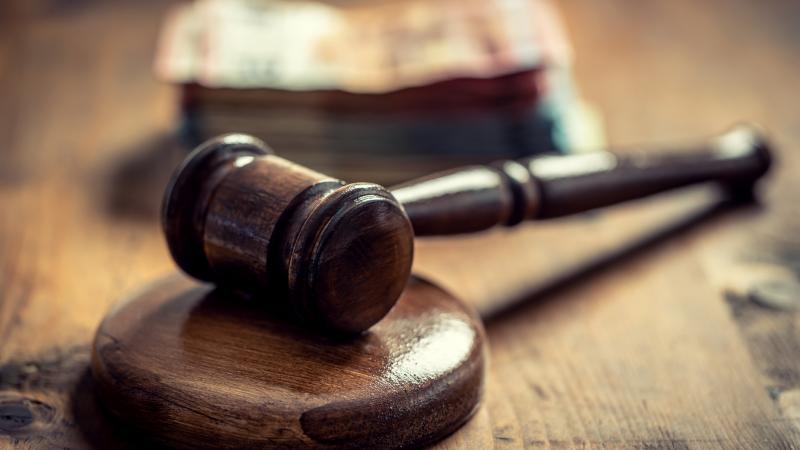Supreme Court limits prosecutors’ use of federal anti-hacking law, in 6-3 decision
Former President Trump's three appointees to the court joined the three liberals to rule for the police sergeant.
The Supreme Court on Thursday limited prosecutors' ability to use a federal anti-hacking law to charge people with computer crimes.
Conservative and liberal justices joined to vote 6-3 to overturn the conviction of a police sergeant who used a work database to run a license plate search in exchange for money, according to the Associated Press.
The justices ruled prosecutors overreached in using the federal Computer Fraud and Abuse Act to charge the officer – in a case expected to provides guidance on how to interpret the scope of the law.
Had the high court ruled the other way, defense lawyers argued, using a computer for such unauthorized purposes as "checking sports scores at work" or "inflating one's height on a dating website" could be considered a federal crime.
Former President Trump's three appointees to the court joined the three liberals to rule for the police sergeant. Justice Amy Coney Barrett, Trump's most recent appointee, wrote for the majority that the government's interpretation of the law "would attach criminal penalties to a breathtaking amount of commonplace computer activity," the wire service also reported.















